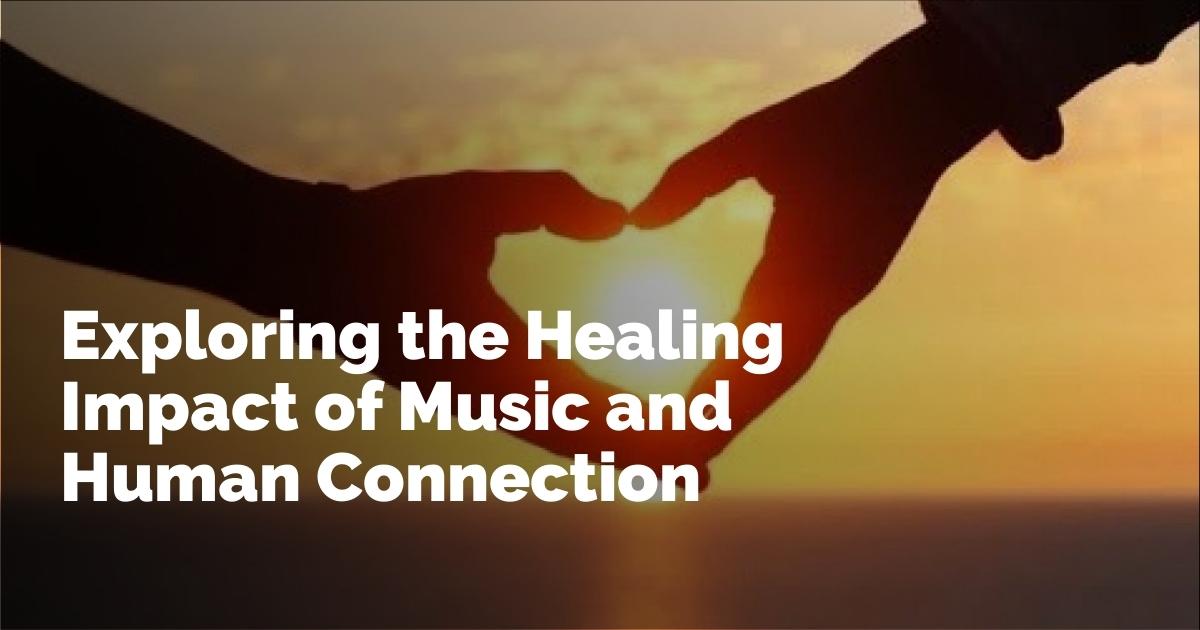Loneliness in the Modern World
In today's fast-paced digital landscape, something essential seems to be missing from our lives – genuine human connection. An epidemic of loneliness appears to be spreading across the globe, a paradox given our constant connectivity through technology. Whether on a train, in a café, a classroom, or even at the family dinner table, our attention is often consumed by digital devices rather than the people around us. Although technological advancements like smartphones have placed a wealth of information and entertainment at our fingertips, they have also distanced us from meaningful interpersonal relationships.
Technology and Its Impact on Human Interaction
The appeal of technology is undeniable. With instant access to personalized playlists, answers to our questions via virtual assistants, and a myriad of engaging content, our smartphones are indeed powerful tools. Yet, with the burgeoning influence of artificial intelligence, we see an emerging market for AI "friends" attempting to fill the void of companionship. While these digital relationships may offer a semblance of connection, they lack the depth and warmth inherent in human interactions.
Despite being part of the digital era, an increasing number of people yearn for more authentic connections. The ubiquitous practice of doom-scrolling on social media further exacerbates feelings of isolation, as the pursuit of online validation becomes a superficial substitute for real-life interactions. However, there is a growing awareness of this disconnect, motivating many to seek out genuine engagements with fellow creatives and thinkers for enriching conversations and idea exchanges—real, face-to-face communication that technology cannot replicate.
The Power of Human Connection Through Creativity
As a music therapist in a hospital setting, I witness firsthand the transformative power of human connection facilitated by creativity. My role is not solely about making people feel good with music; it's about forging connections that transcend words. Music, as an art form, serves as a universal language that can create profound bonds. It has the unique ability to bypass linguistic barriers and communicate empathy and presence, offering solace and empowerment through shared experiences.
Music's Role in Healing
Within a hospital, particularly in units like the ICU or oncology where patients face extreme isolation due to health constraints, the lack of human interaction can significantly impact well-being and recovery. The nature of conversations with medical personnel often revolves around clinical protocols, leaving little room for emotional support. However, through music and creative engagement, patients rediscover a sense of connection to the world and themselves. These moments of shared creativity become a lifeline, offering not just distraction but genuine engagement that can aid in healing.
A Personal Music Therapy Experience
Recently, I visited an elderly patient transitioning to hospice care. Her condition had left her unable to speak, and she was visibly agitated. Recognizing music’s potential to provide comfort, her palliative care doctor referred her to me. Upon entering her dimly lit room, I sensed her discomfort and sought to connect with her through music. By matching my music to her emotional state, I initiated a musical dialogue, gradually transforming dissonance into soothing harmonies, with the goal of facilitating relaxation.
As I played, I observed her demeanor soften and her breathing become more measured, indicating a state of calm. The beauty of this interaction lay not just in the music itself, but in the dynamic relationship we shared—a silent communication born through rhythm and emotion, impossible to replicate with recorded tracks. This was not merely music; it was a therapeutic encounter that underscored our intrinsic need for human connection.
Reviving Human Connection in the Age of Technology
Beyond the hospital walls, the lessons from music therapy can be applied universally. In a world where technology often replaces personal interactions, intentional efforts to reconnect on a human level are imperative. Shared creative endeavors, whether through art, music, or poetry, provide opportunities to engage with others meaningfully. Such experiences can pave the way for enriched dialogues filled with empathy, understanding, and, ultimately, compassion.
As society continues to progress technologically, maintaining the balance between technological convenience and personal interaction remains crucial. In our increasingly isolated world, recapturing the essence of simply being present with one another—listening and understanding—is more important than ever. The simple yet profound act of connecting deeply with others is a timeless antidote to loneliness, offering solace and reaffirming our shared humanity.
출처 : Original Source

